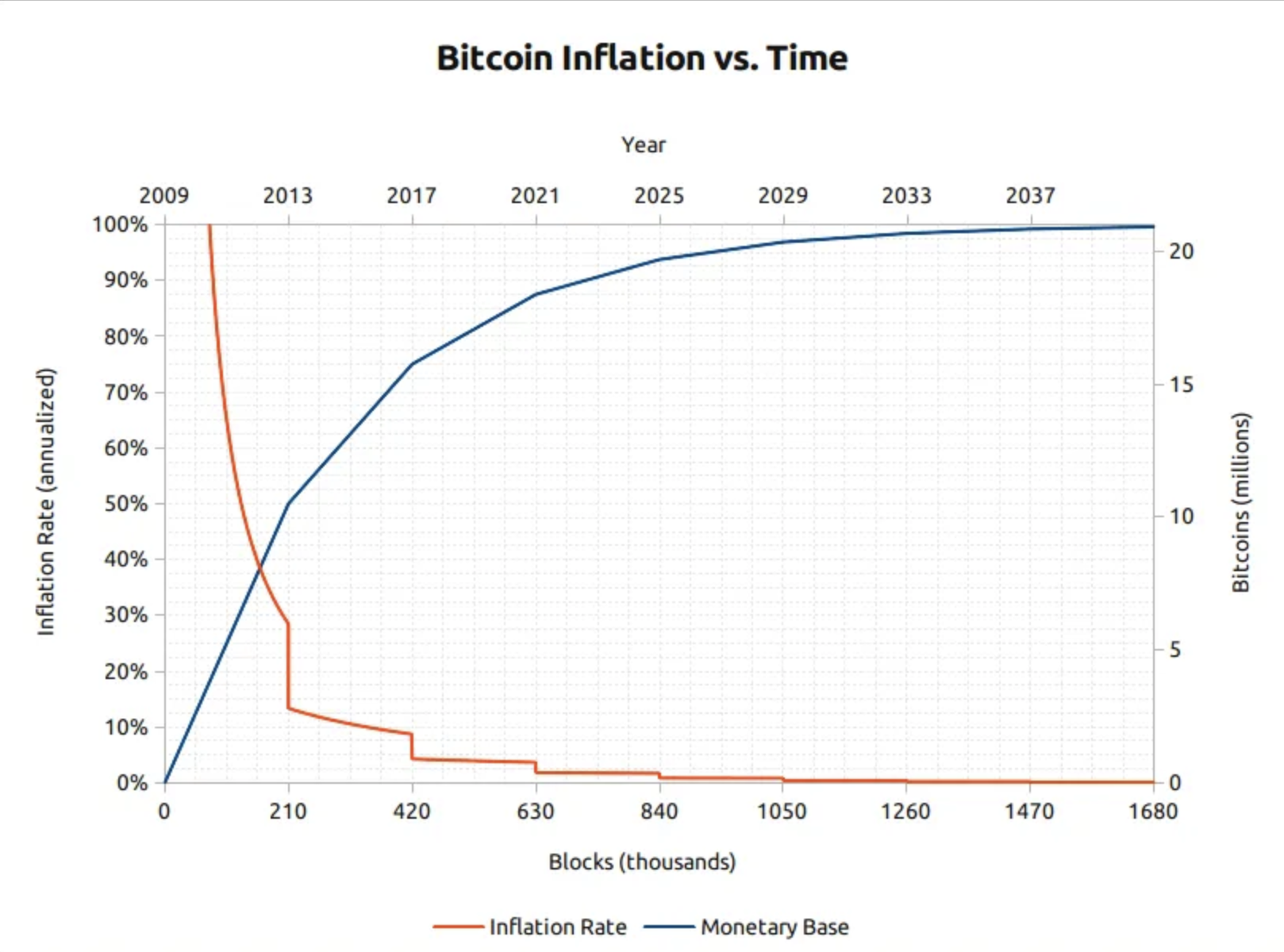Should (or will) Bitcoin Cash add tail emission?
No.
Some cryptocurrencies, such as Dogecoin and Monero, have adopted "tail emission" inflation schedules, where coins are released forever. Bitcoin Cash sticks to the original Bitcoin algorithm that releases coins up to a cap of 21 million, and then halts completely.
Refusing to add tail emission requires the BCH community to drive global scale transaction volume before the inflation dries up too much. If not, BCH will be insecure & die. This is a very real possibility. The BCH community is both aware of & concerned about it.
However, the BCH community is not going to adopt tail emission - compromising the singular chance to deliver the world an inflation-free monetary standard - as an ego-salving cope for its failure on this important mission. If we fail, we fail. But the BCH community is working hard every day on it & you can help out.

Blockchain security in Proof of Work blockchains has to come from a combination of taxation on spenders (transaction fees) and holders (inflation / new coin rewards). The premise of Bitcoin, as explained in Satoshi's original whitepaper, was to make an inflation-free money that does not tax holders. You can hold your Bitcoin, for as long as you like, free of charge and without being diluted. This principle is embodied in having an eventual 21 million coin limit, and is the core attraction of Bitcoin as a monetary system. The initial coin reward is only to temporarily bootstrap the distribution and security, and was never intended (or explained) as the end state of the system.
Tail emission schedules are in essence extending the taxation of holders to mitigate a lack of ability to create sustainable security through fees contributed by spenders. This is avoiding the problem, not fixing it.
Note that proponents of tail emission schemes are trying to have their cake and eat it too. They claim that tail emissions help sustain mining security rewards forever, at the same time as they point out that a fixed reward over time trends towards 0% inflation. Either the rewards are a significant proportional value and noticeably tax holders to pay miners and subsidize transaction fees, or they aren't significant and can't band-aid a deficit of users willing to pay miners to transact on the chain. Through sleight-of-hand tail emissions are often phrased to sound as though they can simultaneously do both when more of one necessitates less of the other.
Attempting to change the 21 million coin limit would guarantee a destructive chain split in Bitcoin Cash. Such a fundamental change would not only destroy the premise of the "social contract" that the vast majority of the community has bought into, but it would also indicate that any and every other socially agreed upon convention could be changed. The inflexibility of the community's decentralised social consensus on its core principles (such as the 21 million coin limit or its refusal to rebrand) is its source of power, and the overwhelming majority understand that. The Bitcoin Cash community is not going to obfuscate issues of sustainable security by adding a tail emission and will instead directly face the reality that creating enough adoption that spender fees will pay for security is essential.
Users who want a tail emission economic model are welcome to advocate for that change but will find it far easier and more effective to switch to another coin that already embraces that approach.